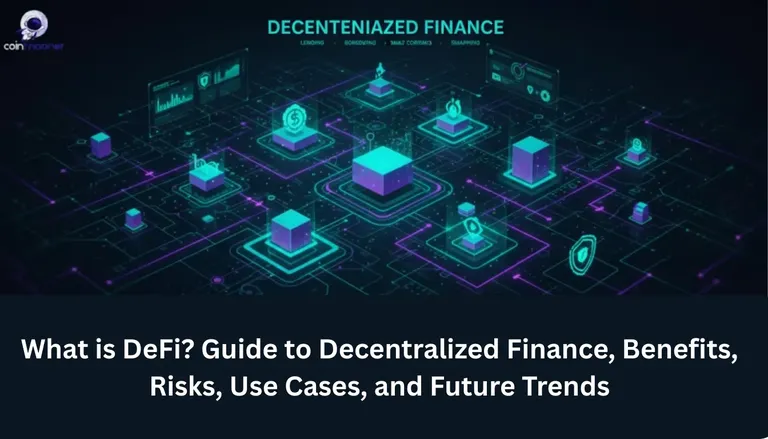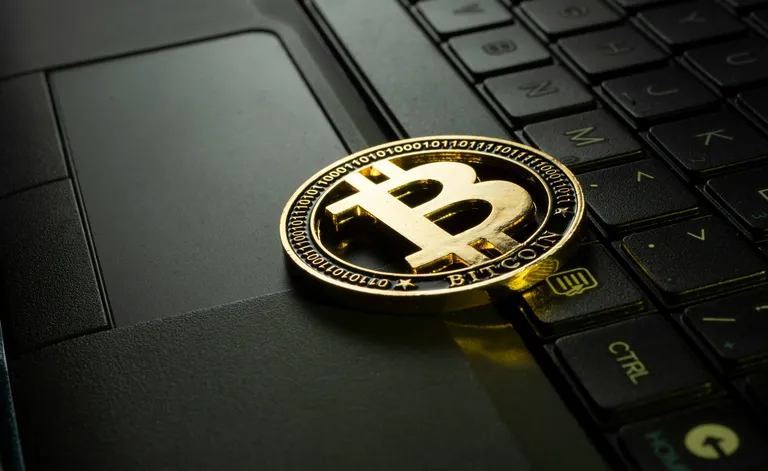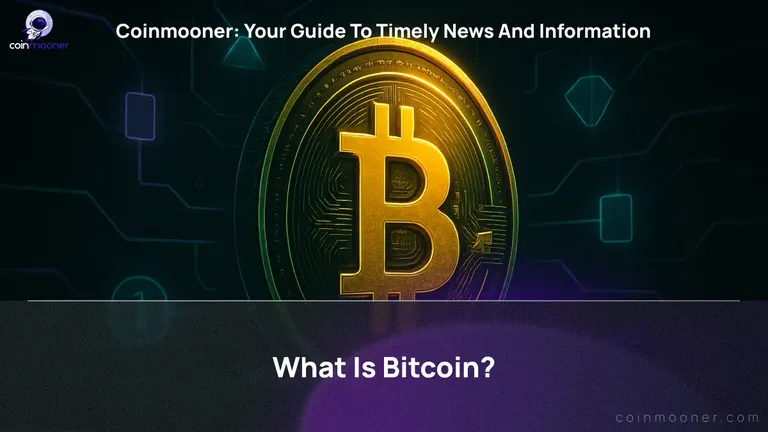Blockchain’s Role in Ensuring Transparency and Fair Play in iGaming

Over the past ten years, the online gambling sector—also known as iGaming—has experienced exponential expansion. With millions of players using sports betting, online casinos, and other gaming platforms, maintaining fair play and transparency has grown to be a major concern. Players can't be convinced that game results are fair because traditional internet casinos frequently have opaque processes. Gamblers are skeptical as a result of problems including manipulated odds, unstated costs, delayed rewards, and a lack of accountability.
Blockchain technology is revolutionizing the iGaming industry by providing a decentralized, transparent, and tamper-proof system for gaming operations. By leveraging blockchain’s unique attributes—such as immutability, smart contracts, and decentralized ledgers—online casinos can offer a provably fair gaming experience that enhances trust between operators and players. Moreover, blockchain enables fast withdrawal casinos, ensuring players receive their winnings quickly and securely without the delays associated with traditional banking systems.
The Importance of Transparency in iGaming
Transparency is a fundamental pillar of a fair and reliable iGaming ecosystem. In conventional online casinos, game algorithms are typically closed-source, meaning players have no insight into how results are generated. This lack of transparency leads to concerns over whether games are manipulated to favor the house disproportionately.
Furthermore, issues such as delayed payouts, hidden fees, and unfair dispute resolution mechanisms have tarnished the reputation of some online casinos. Players often face difficulties withdrawing their winnings due to excessive verification requirements, withdrawal limits, or unjustified delays imposed by the casino. Blockchain technology addresses these concerns by providing an open and verifiable gaming environment where transactions and game outcomes can be publicly audited.
How Blockchain Enhances Transparency in iGaming
1. Provably Fair Gaming
One of the most significant advantages of blockchain in iGaming is the concept of provably fair gaming. This mechanism allows players to verify that game results are truly random and not manipulated by the casino.
Blockchain-based casinos use cryptographic algorithms to generate game outcomes, ensuring that neither the casino nor the player can alter the results once a game starts. Players can independently verify each game's randomness by checking cryptographic hashes and seed values, which are publicly available on the blockchain. This creates a level of transparency that traditional casinos cannot match, fostering trust between players and operators.
2. Smart Contracts for Fair Play
Smart contracts are self-executing contracts with predefined rules written into code. These contracts operate on blockchain networks and automate transactions based on specific conditions. In iGaming, smart contracts can be used to ensure fair play by enforcing the rules of a game without any human intervention.
For example, in a blockchain-based poker game, smart contracts can handle bet placements, distribute winnings, and prevent any fraudulent activities. Since smart contracts are immutable and transparent, players can be confident that the game operates fairly and without bias. This eliminates the need for third-party oversight and reduces the risk of corruption or manipulation.
3. Secure and Instant Transactions
Traditional online casinos often rely on banks and payment processors to handle deposits and withdrawals, which can lead to delays and high transaction fees. Some players experience significant waiting times before receiving their winnings, with certain platforms imposing unnecessary verification steps to stall payments.
Blockchain technology enables fast and secure transactions by eliminating intermediaries. Cryptocurrencies such as Bitcoin, Ethereum, and stablecoins allow for near-instant deposits and withdrawals, making the gaming experience more seamless. Players no longer need to worry about delayed payments or unfair restrictions on their funds.
Moreover, decentralized casinos often have lower transaction fees since they bypass traditional financial institutions. This benefits both players and operators, as funds can be moved efficiently with minimal costs.
Eliminating Fraud and Increasing Security
Fraud is a persistent issue in the iGaming industry, affecting both players and operators. From rigged games to identity theft, security concerns have long plagued online gambling platforms. Blockchain technology helps mitigate these risks through its decentralized and tamper-proof nature.
1. Player Identity Protection
Many traditional online casinos require extensive KYC (Know Your Customer) procedures, which involve submitting personal identification documents. While these measures aim to prevent fraud, they also expose players to data breaches and privacy concerns.
Blockchain-based casinos offer a more privacy-focused approach. By using decentralized identities or anonymous wallets, players can engage in online gambling without revealing sensitive personal information. This not only enhances security but also provides a more user-friendly experience for those who value anonymity.
2. Preventing Game Manipulation
Centralized casinos have full control over their gaming algorithms, leading to concerns about potential manipulation. Blockchain prevents this issue by making game logic publicly accessible and immutable. Once a smart contract or algorithm is deployed on the blockchain, it cannot be altered without consensus from the network.
This means that casinos cannot secretly change the odds in their favor, ensuring that all players have a fair chance of winning. By leveraging decentralized protocols, iGaming platforms can provide an open and tamper-proof gaming environment.
The Future of Blockchain in iGaming
As blockchain technology continues to evolve, its impact on the iGaming industry will likely grow stronger. Several emerging trends indicate that blockchain will play a crucial role in shaping the future of online gambling.
1. The Rise of Decentralized Casinos
Decentralized casinos (DeFi casinos) are gaining popularity due to their ability to operate without a central authority. These platforms are governed by decentralized autonomous organizations (DAOs), where players and token holders participate in decision-making processes.
With DAOs, users can vote on platform updates, reward distributions, and new game implementations, ensuring that casinos operate transparently and in the best interest of the community.
2. Integration with NFTs and Metaverse Gaming
Non-fungible tokens (NFTs) are increasingly being integrated into blockchain-based gaming. In the iGaming sector, NFTs can be used as in-game assets, rewards, or even exclusive membership tokens that provide special perks to holders.
Additionally, as the metaverse expands, blockchain casinos may become fully immersive, allowing players to engage in virtual reality (VR) gambling experiences. Blockchain's transparency and decentralized ownership model will ensure that these metaverse casinos remain fair and trustworthy.
3. Improved Regulatory Compliance
Regulatory bodies worldwide are beginning to recognize blockchain’s potential in iGaming. While some jurisdictions remain cautious, others are exploring ways to integrate blockchain into existing gambling regulations.
With blockchain’s ability to provide transparent and verifiable transactions, regulatory agencies can ensure compliance without compromising player privacy. This could lead to more mainstream adoption of blockchain in the gambling industry.










